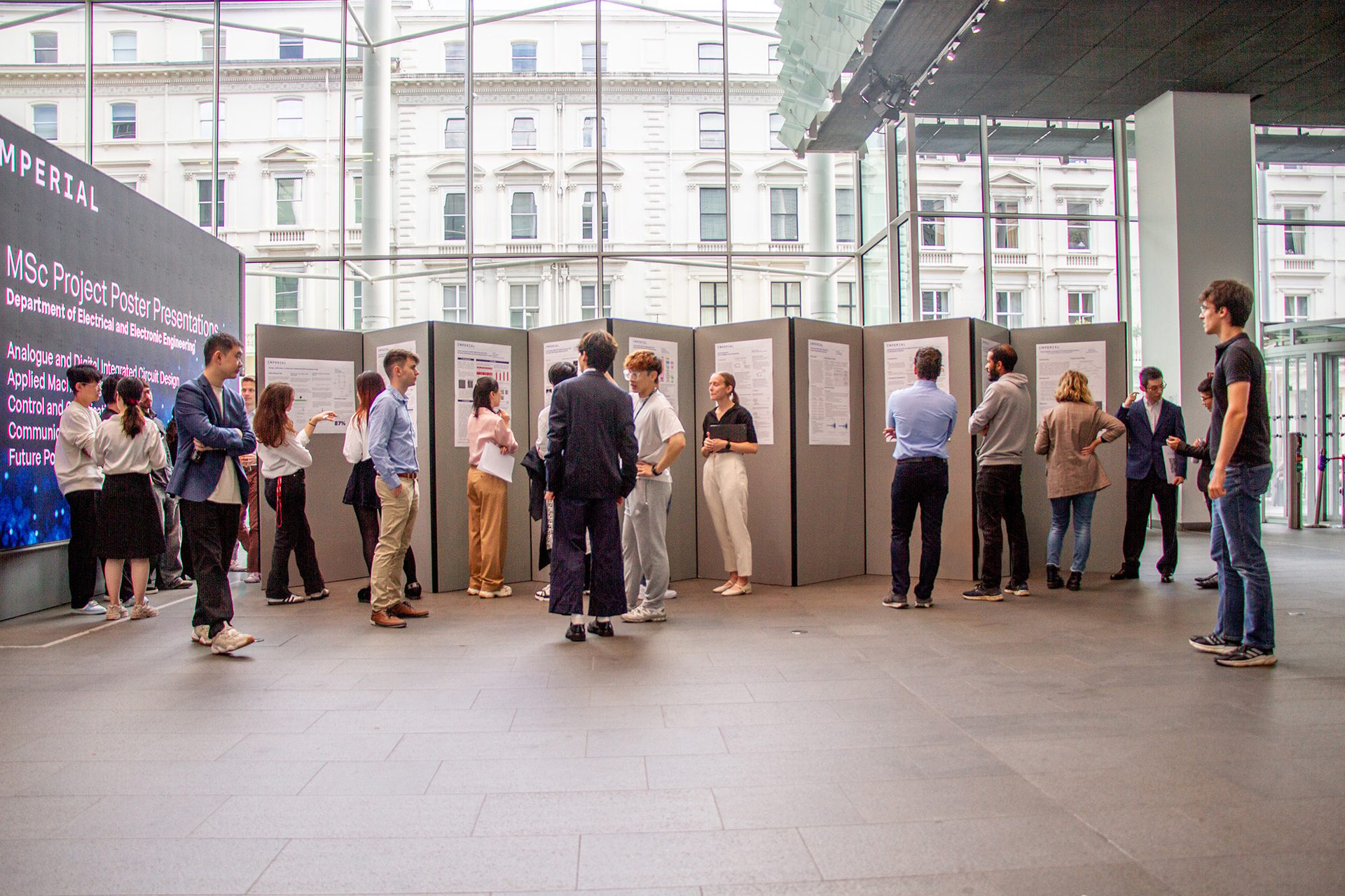Imperial College London is a world-class university, ranked #1 in the UK and Europe and #2 in the world by QS World University Rankings 2026.
Imperial is proud to be a global community in a global city, last year welcoming more than 150 nationalities to campus. The Department of Electrical and Electronic Engineering (EEE) is at its heart, based in London’s historic museum quarter.
EEE is an internationally renowned centre of research and education known for pioneering work in electrical energy systems, electronics, communications, information engineering and control, with applications spanning smart technologies, electronics for healthcare, sustainable power systems and more. From uncovering secrets beneath Da Vinci’s masterworks, to planetary exploration, wireless charging for greener cities, and robot healthcare assistance, EEE is on a mission to connect our world and design more affordable, efficient and secure technology.

EEE’s world-leading research directly shapes its six specialist postgraduate taught master’s (MSc) programmes. These highly focused, one-year programmes offer a balance of solid foundational knowledge and hands-on learning, designed for ambitious engineers ready to make an immediate impact in high-demand fields worldwide.
Research led, career focused
Analogue and Digital Integrated Circuit Design
For those ready to innovate at the heart of modern electronics, this programme opens the doors to integrated circuit (IC) design. With a focus on analogue and digital techniques, the curriculum equips you to tackle practical device-level challenges while exploring low power circuits and embedded systems to build more efficient technology. You will have the opportunity to design complex digital VLSI chips from conception to fabrication.
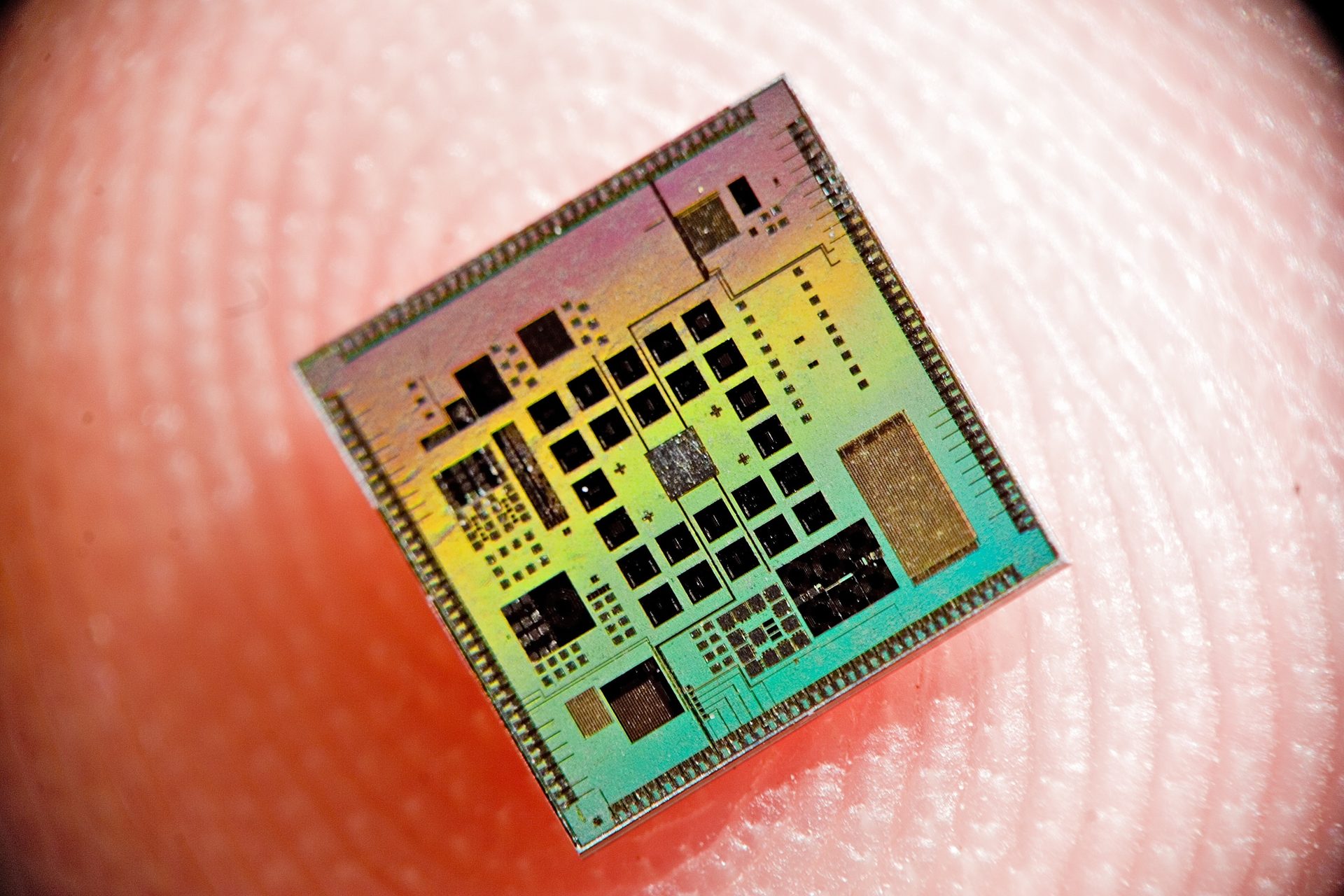
Applied Machine Learning
Curious about how robots see or how smartphones understand your voice? Find out how signals, sensors, and hardware make up the systems we use today. Specialist modules unlock insights in AI, computer vision, robotics, and the algorithms driving the future. The programme will provide you with the theoretical and practical skills to design, develop, build and evaluate machine learning systems, closely mirroring real-world scenarios.
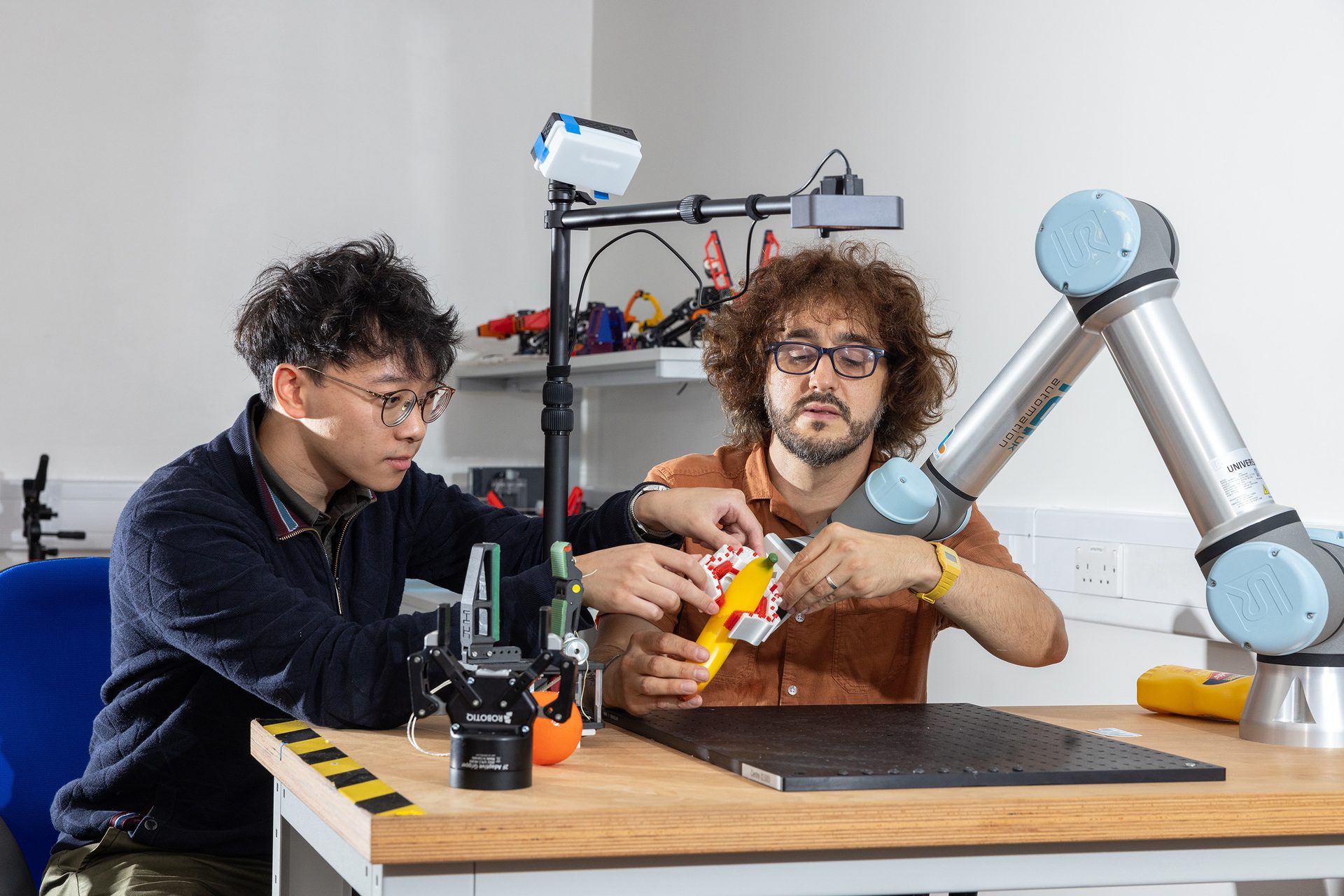
Communications and Signal Processing
Enter the fast-paced world of communications that is advancing towards 6G and beyond. This course blends theory with hands-on problem-solving as you investigate how signals are transmitted, received, and processed in increasingly complex environments. You'll explore mobile and wireless communications and gain valuable insights into the challenges of modern signal, image, and speech processing in the era of artificial intelligence.
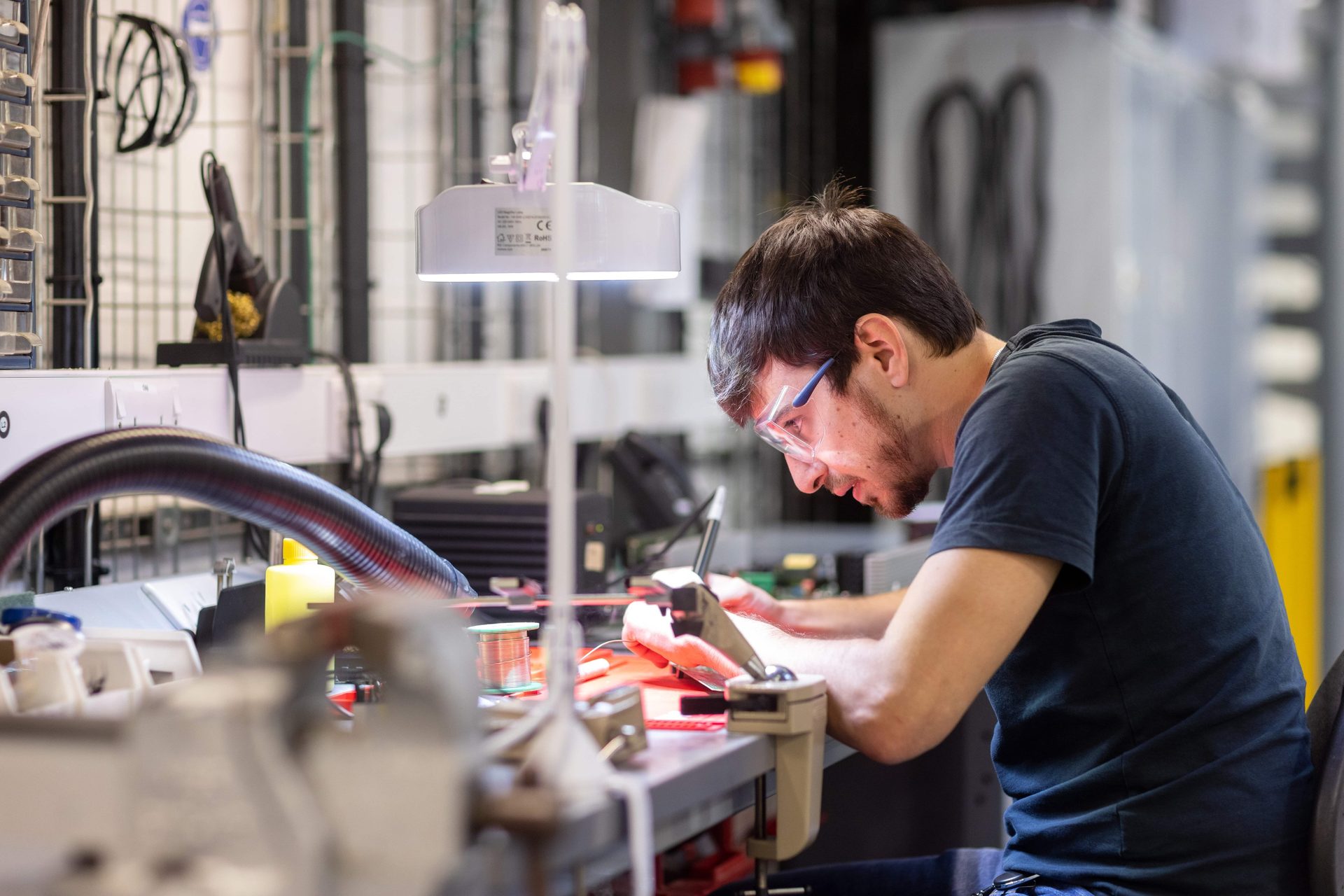
Control and Optimisation
Drive innovation through control and optimisation. You’ll master the core principles in predictive control, linear and non-linear control, applying them to the design of sophisticated automated systems. You will also gain hands-on expertise with industry-standard computational tools for modelling and design, translating complex theory into practical, high-performance solutions, and the specialist knowledge to excel in critical sectors such as robotics, aerospace, biomedical systems, and smart energy grids.
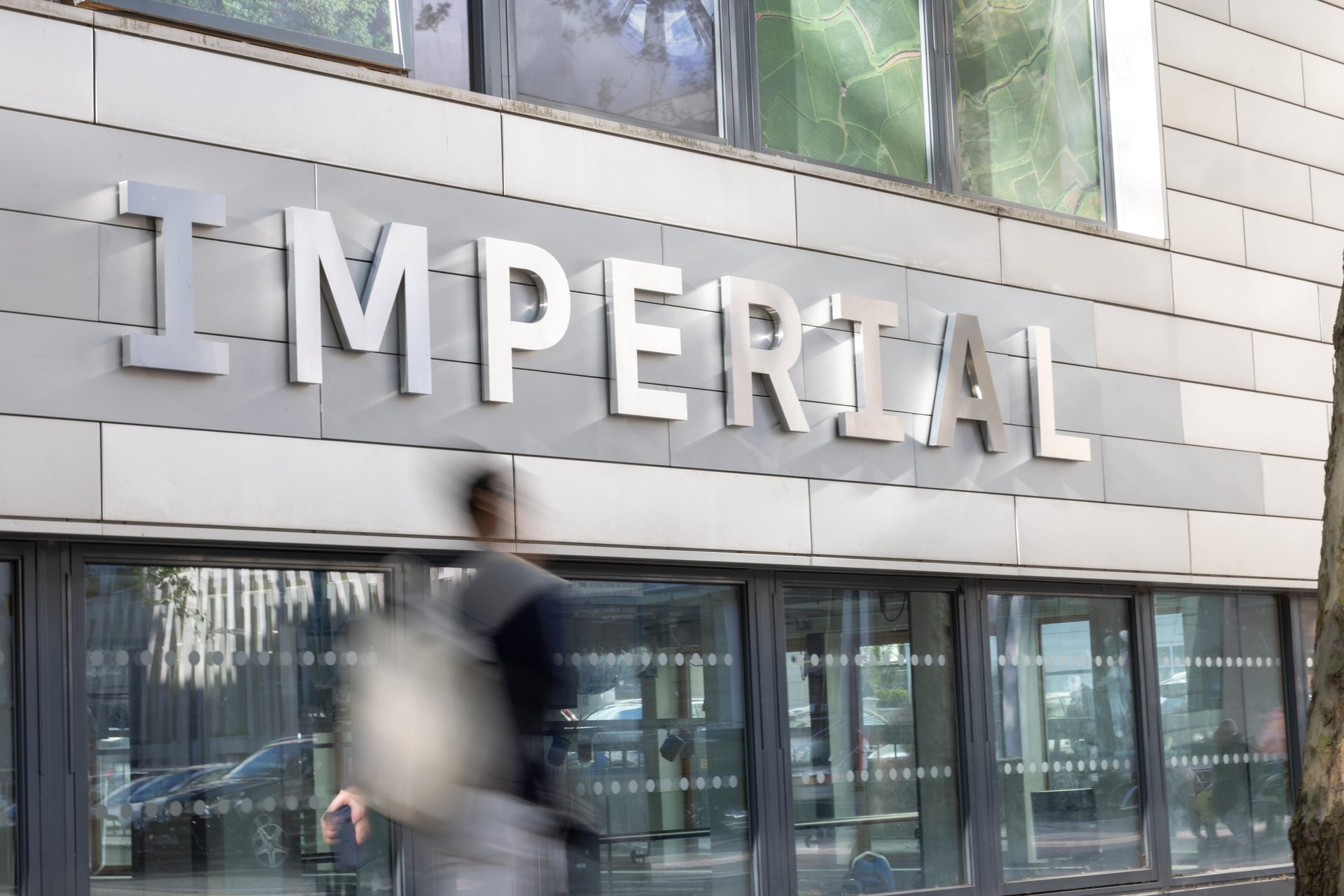
Future Power Networks
As renewable energy reshapes the global power supply, power networks are evolving. The move to net zero emissions requires radical changes in how electric power networks are planned, operated and controlled. This programme is tightly connected to industry developments, and you’ll have the opportunity to learn the new analytical and practical skills required to work in a smarter electricity industry increasingly driven by clean and low-carbon energy sources both in the UK and overseas.
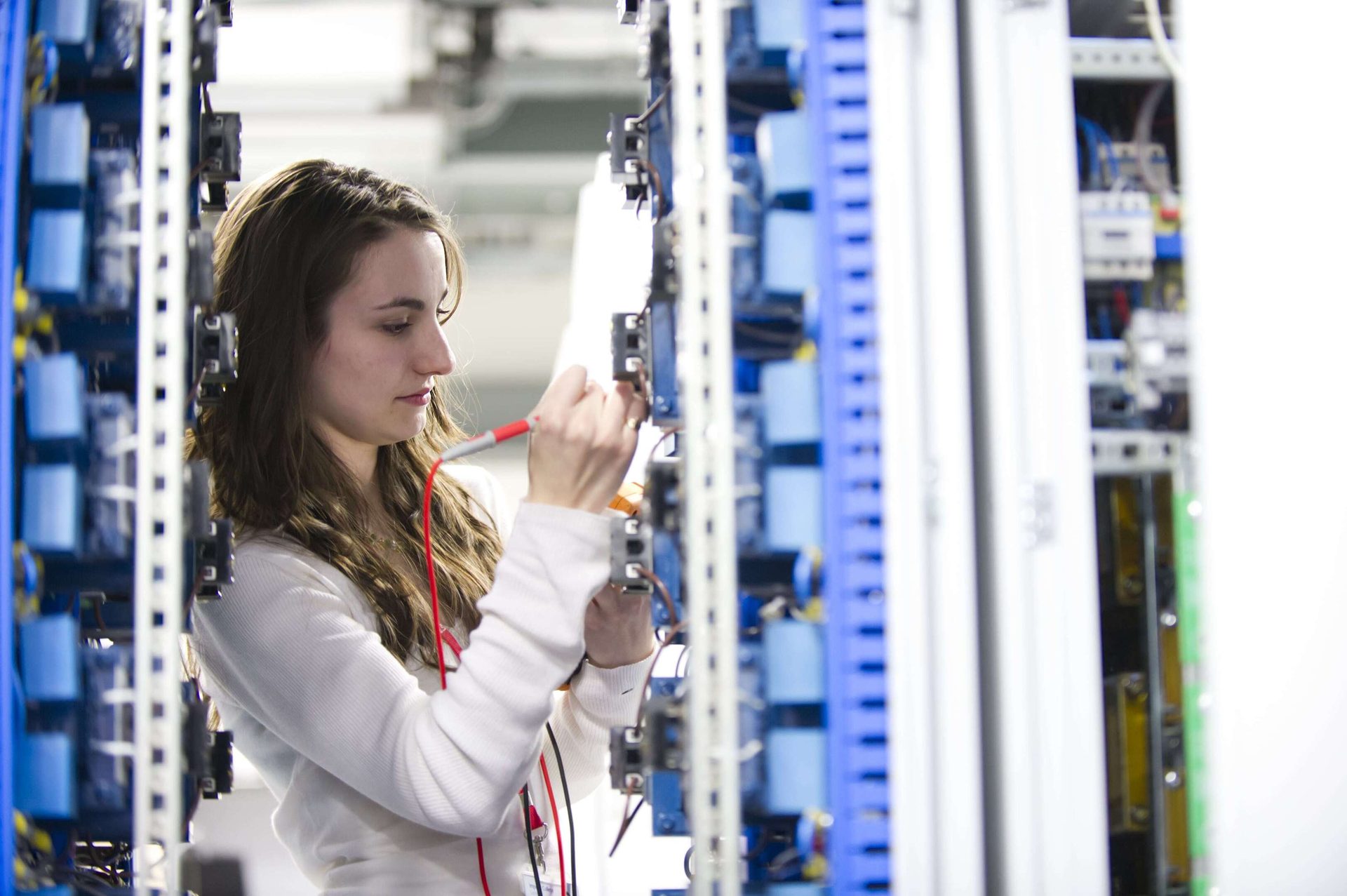
Sensor Systems Engineering
Sensors are everywhere. From consumer electronics to industrial machinery and spacecraft, they are at the heart of today’s – and tomorrow's – technologies. In this brand new programme, you’ll learn to understand and optimise the entire sensor system development pipeline –– from physical principles and instrumentation to programming, networking, and applications in artificial intelligence and machine learning. Along the way, you’ll gain hands-on experience in labs and a micro- and nano-fabrication cleanroom, where you can design, make, and measure your own sensors.
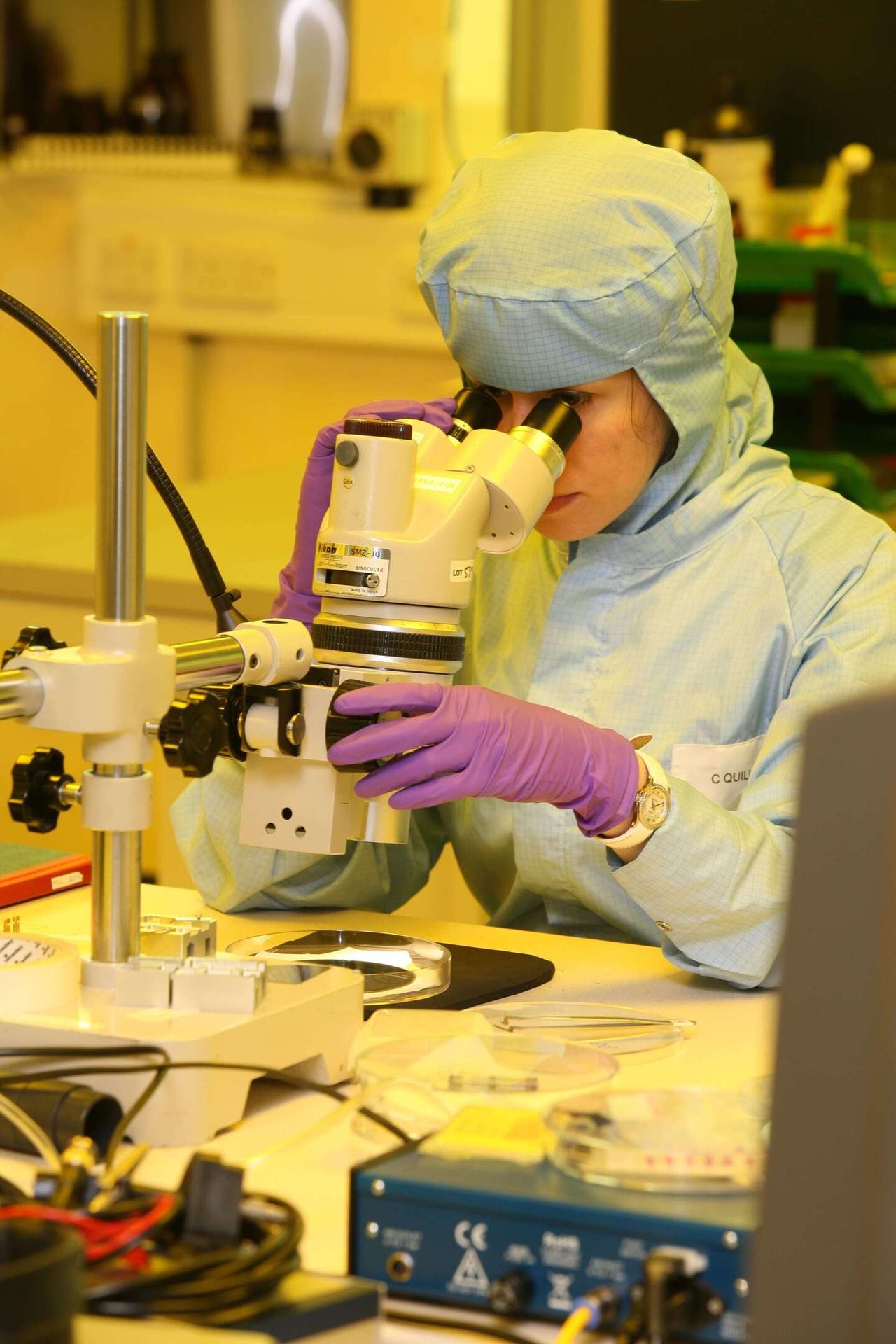
Imperial says it’s a place “where science never stands still," reflecting the dynamic nature of the university and its London location. Studying here means living and learning in a place where history meets innovation, and every corner tells a story. That’s life at Imperial. In London, the world’s best student city.
Step outside and you’re in “Albertopolis,” alongside landmarks including the V&A, the Royal Albert Hall, Hyde Park and the Science Museum. The Queen’s Tower — part of Imperial’s original Victorian science institute — still stands at the heart of campus. Everything you need is just steps away – on-site facilities include the Abdus Salam Library, as well as a state of the art sports centre and health services to support your wellbeing.
London life, Imperial edge
For students choosing to make London their home for a year, Imperial is an exciting place. With many of the world’s top employers headquartered in the city, it’s also ideal for networking, interviews and recruitment events on campus.
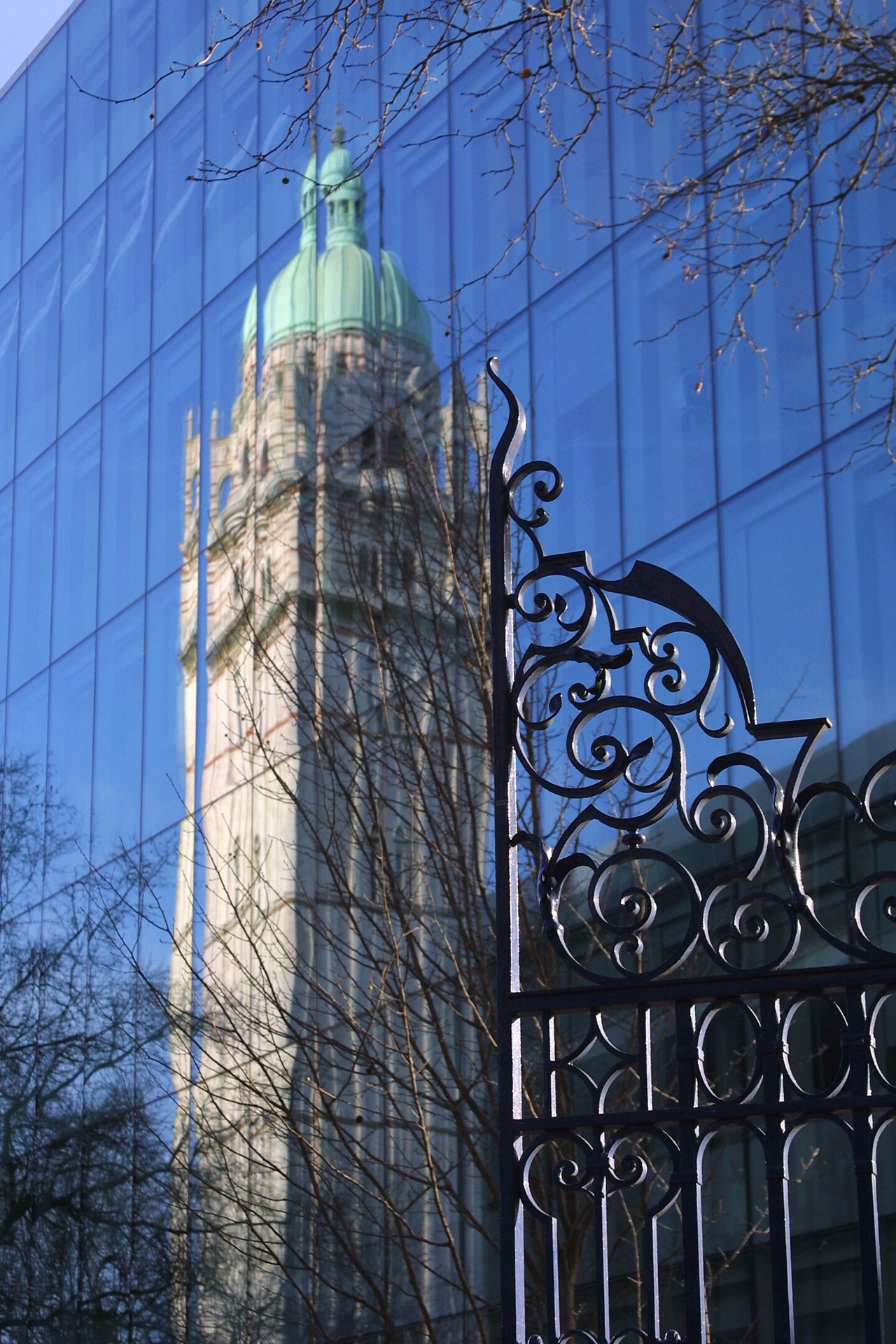
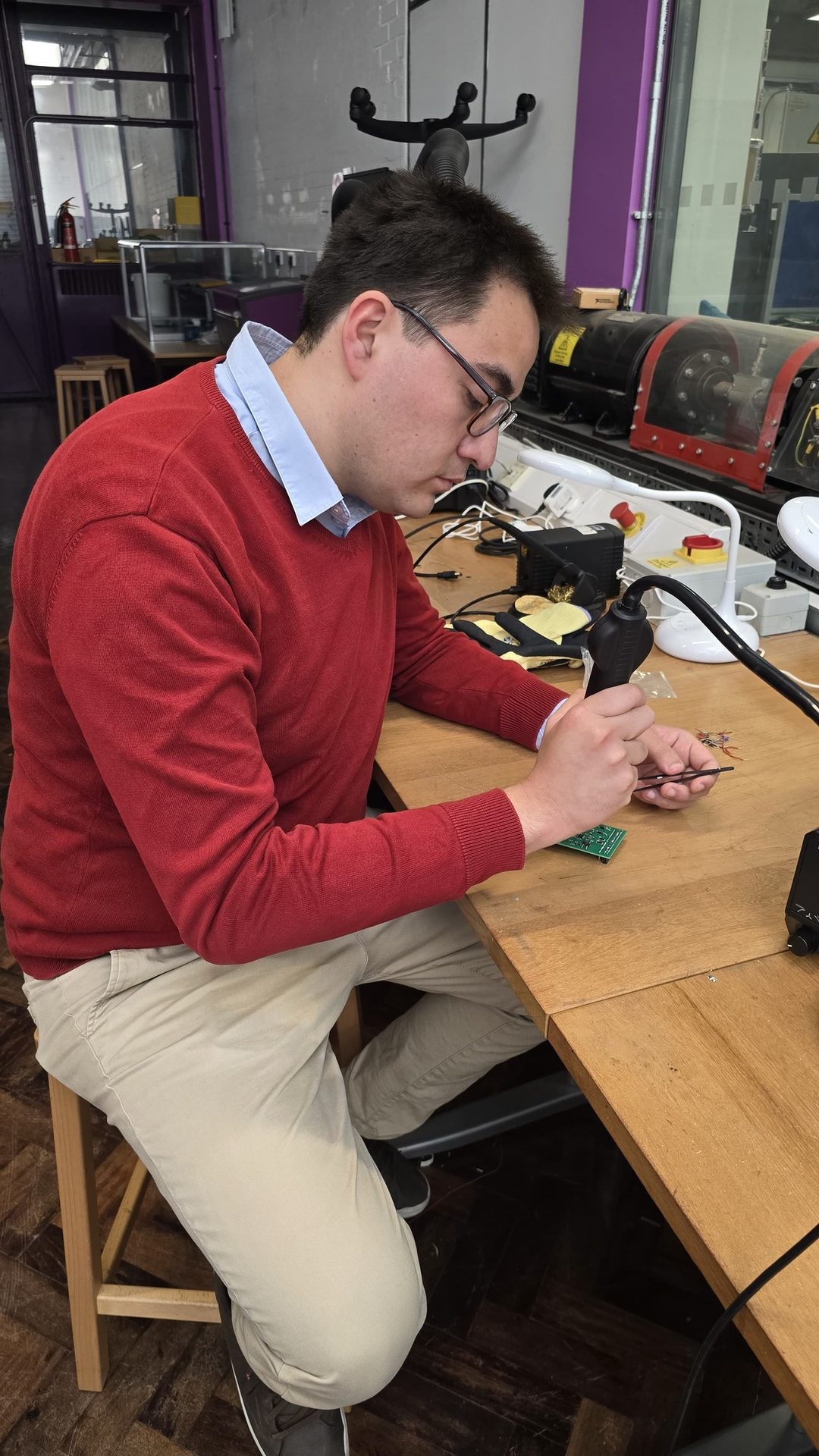
Nandini
MSc in Communications and Signal Processing
"Imperial offers the kind of career-focused, research-rich environment I was looking for.”
Salvador
MSc Applied Machine Learning
“It’s a city that has everything. Tech events, cultural diversity, and more. It’s a hub of innovation, diplomacy, fashion, and diversity.”

Hear from the students
Imperial is committed to bringing the brightest minds from across the world together to tackle global challenges, and scholarships play a pivotal role in this. Five scholarships are available to EU residents for EEE MSc programmes, covering the difference between UK and overseas fees, supporting outstanding students to come to London, to develop as individuals, researchers and future leaders.
EU Scholarships
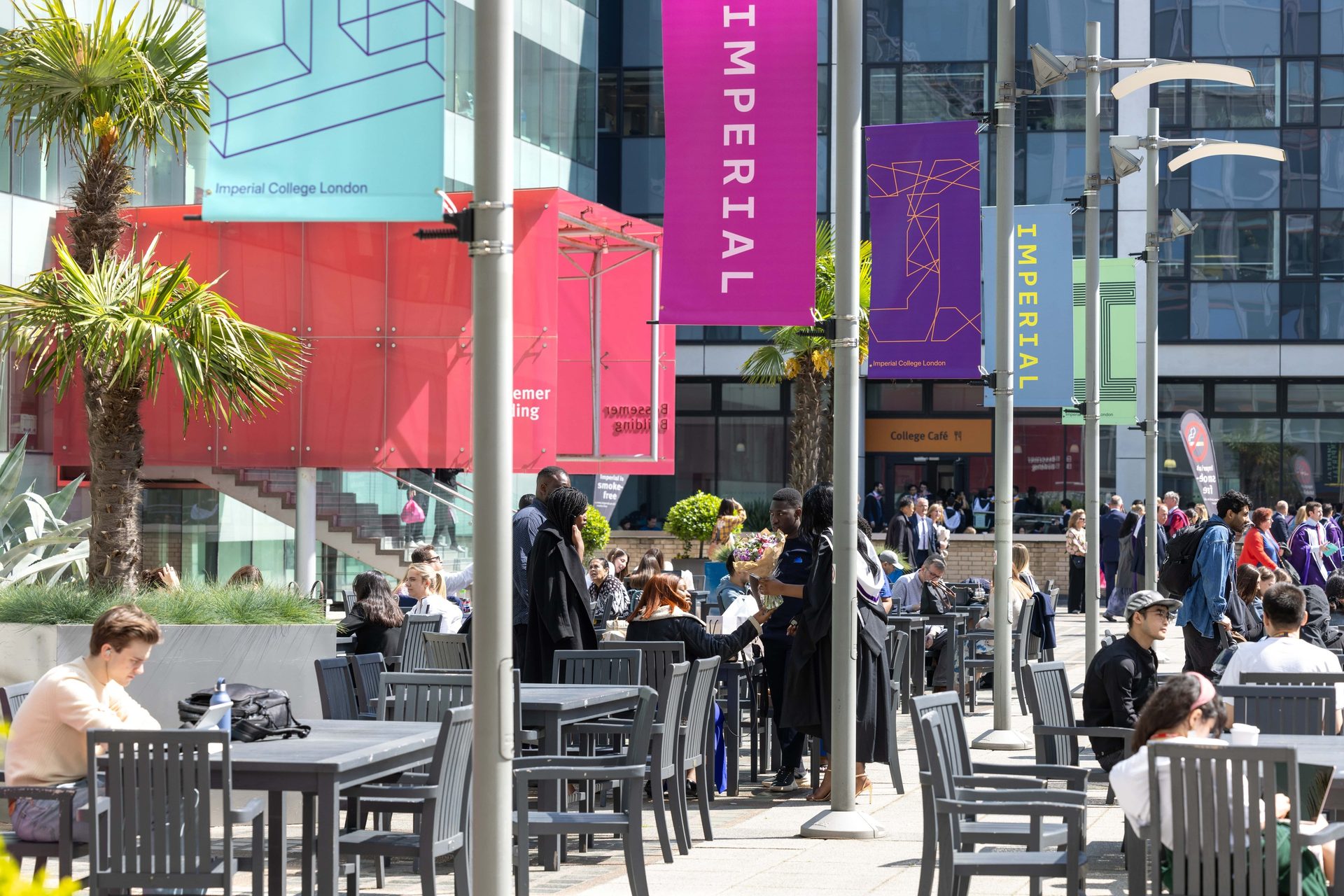
Join a global engineering community in the heart of London
Follow the Department of Electrical and Electronic Engineering on



